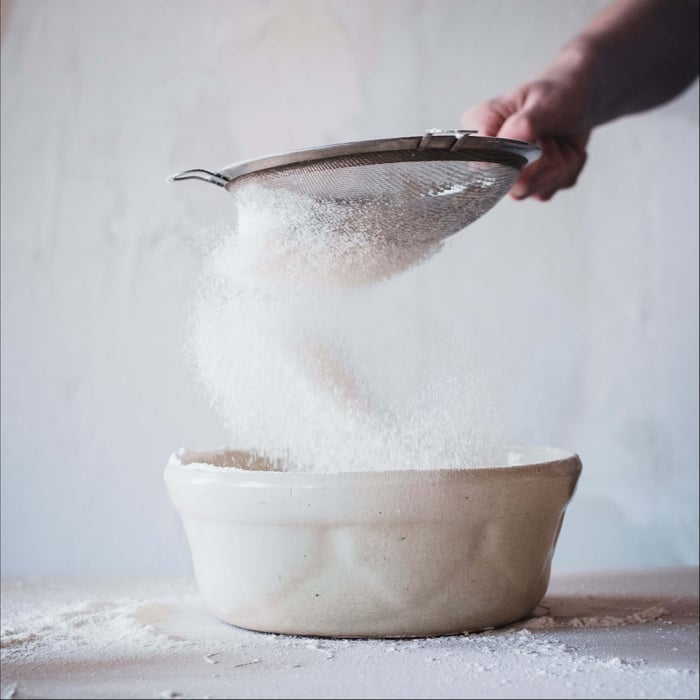Vitamin D - Should You Supplement?
Have you ever heard of someone being diagnosed with ‘Vitamin D Deficiency’? Nope - probably not, and that’s because although Vitamin D plays a really crucial role in health, it’s often not diagnosed. Deficiency has been linked to many cancers, high blood pressure, heart disease, diabetes, depression, fibromyalgia, chronic muscle pain, bone loss and autoimmune diseases - all incredibly common in our society.
You may also be interested to know that Vitamin D is virtually absent from our food supply yet we need it in amounts almost 25 times the recommended government guidelines to be healthy.
Those points aside, the reason I’m addressing it today is because Vitamin D is essential for the correct functioning of our immune system. And what do we need to be firing on all cylinders when there’s a viral pandemic happening all around us? Our Immune system.
How is Vitamin D used in our bodies?
So, as you probably already know, our bodies make Vitamin D from sunshine coming directly into contact with our skin - 80-100% of the Vitamin D we need comes from sunlight, but we’ve been taught to fear sun exposure and cover up with sunscreen whenever we’re outdoors. Moreover, if you live in the northern hemisphere like most of you reading this do, we simply can’t synthesise Vit D during the winter months as the sun is not strong enough. That leaves us with the stores of Vit D that our bodies have (hopefully) built up over summer, plus some dietary sources which I’ll talk about later.
It also has a big impact on our genes which is how it has such a diverse range of action from cancer prevention, boosting mood, calming inflammation, easing muscle aches and building bone.
Dark skin produces less Vit D, as does ageing skin - so if you fall into either of these categories then it’s even more important you get your levels checked.
Vit D has a huge impact on the health of our cells, and everything in our body is made up of cells - so take note! It reduces cellular growth (which is how Cancer forms), and improves cell differentiation (which puts cells into an anti-cancer state).

Lockdown 2.0 means one thing: It's time to get on top of your health!
"I’ve never done a cleanse before and love food so was apprehensive about doing my first one. I have to say I loved it! The juices arrived perfectly packaged, on time and most of all were delicious. The instruction booklet was great, so there were no surprises and I was given easy to follow guidelines. I have now finished and feel great, my skin looks radiant and I have a spring in my step. I highly recommend Presscription." - Helen
- The Signature Cleanse
How much do we really need?
NHS England recommends 600 IU (International Units) of Vit D per day. This is about the amount you need to avoid rickets, and in functional medicine terms it is really suboptimal. We need to think about how much we need to thrive, not survive. How much we need to help prevent disease, high blood pressure, depression, osteoporosis etc.
Recent research by vitamin D pioneer Dr. Michael Holick, Professor of Medicine, Physiology, and Dermatology at Boston University School of Medicine, recommends intakes of up to 2,000 IU a day — or enough to keep blood levels of 25 hydroxy vitamin D at between 75 to 125 nmol/L (nanomoles per liter). That may sound high, but it’s still safe: Lifeguards have levels of 250 nmol/L without toxicity.
The bottom line is this: Test don’t guess. You can find out what your Vit D status is from the comfort of your own home using a service like Thriva, which is what I use with all my patients too. Then, if you’re low, and it’s the middle of winter you can think about supplementing. It’s important to make sure you’re supplementing with the ACTIVE form of Vit D, known as Vit D3. So look out for that otherwise you’re wasting your money.
I recommend re-testing your levels all throughout the winter and especially with Covid on the loose.
Vitamin D in Food
There are some dietary sources of Vit D, and you’d be wise to include these foods into your diet a few times a week:
- Fish liver oils, such as cod liver oil. One tablespoon (15 ml) = 1,360 IU of vitamin D
- Cooked wild salmon. (3.5) ounces = 360 IU of vitamin D
- Cooked mackerel. (3.5) ounces = 345 IU of vitamin D
- Sardines, canned in oil, drained. (1.75) ounces = 250 IU of vitamin D
- One whole egg = (20) IU of vitamin D
@gracekingswell
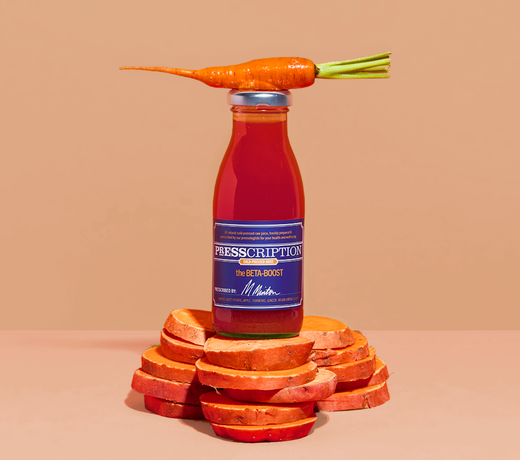 Why Presscription?
Why Presscription?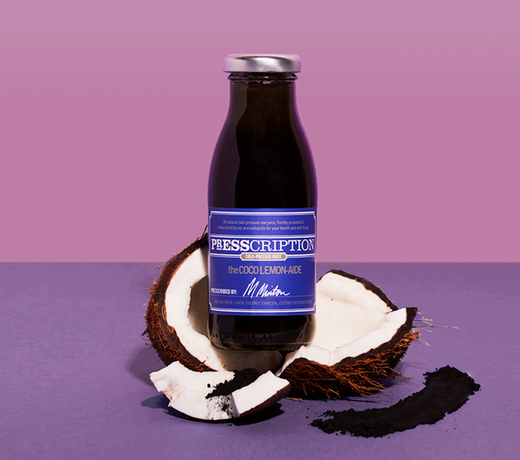 Why Cleanse?
Why Cleanse?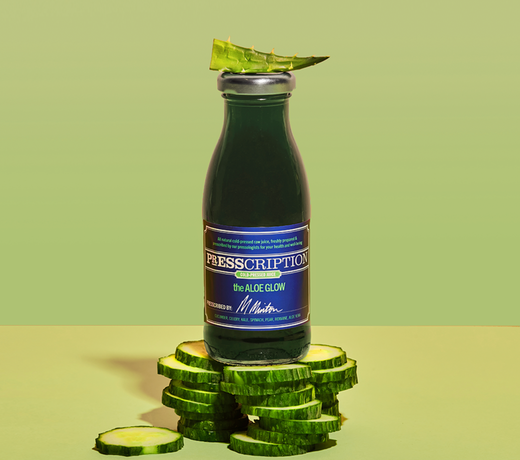 Cleansing Tips
Cleansing Tips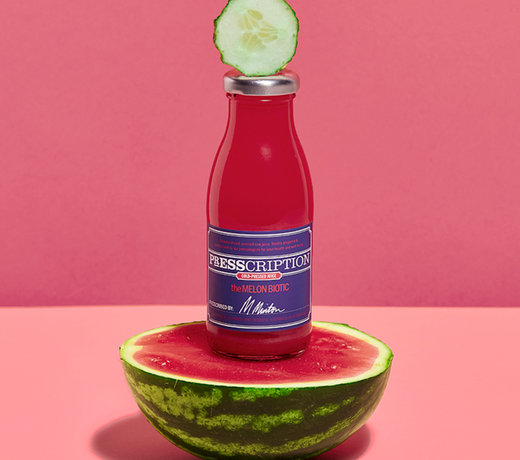 What's Pressing?
What's Pressing?


